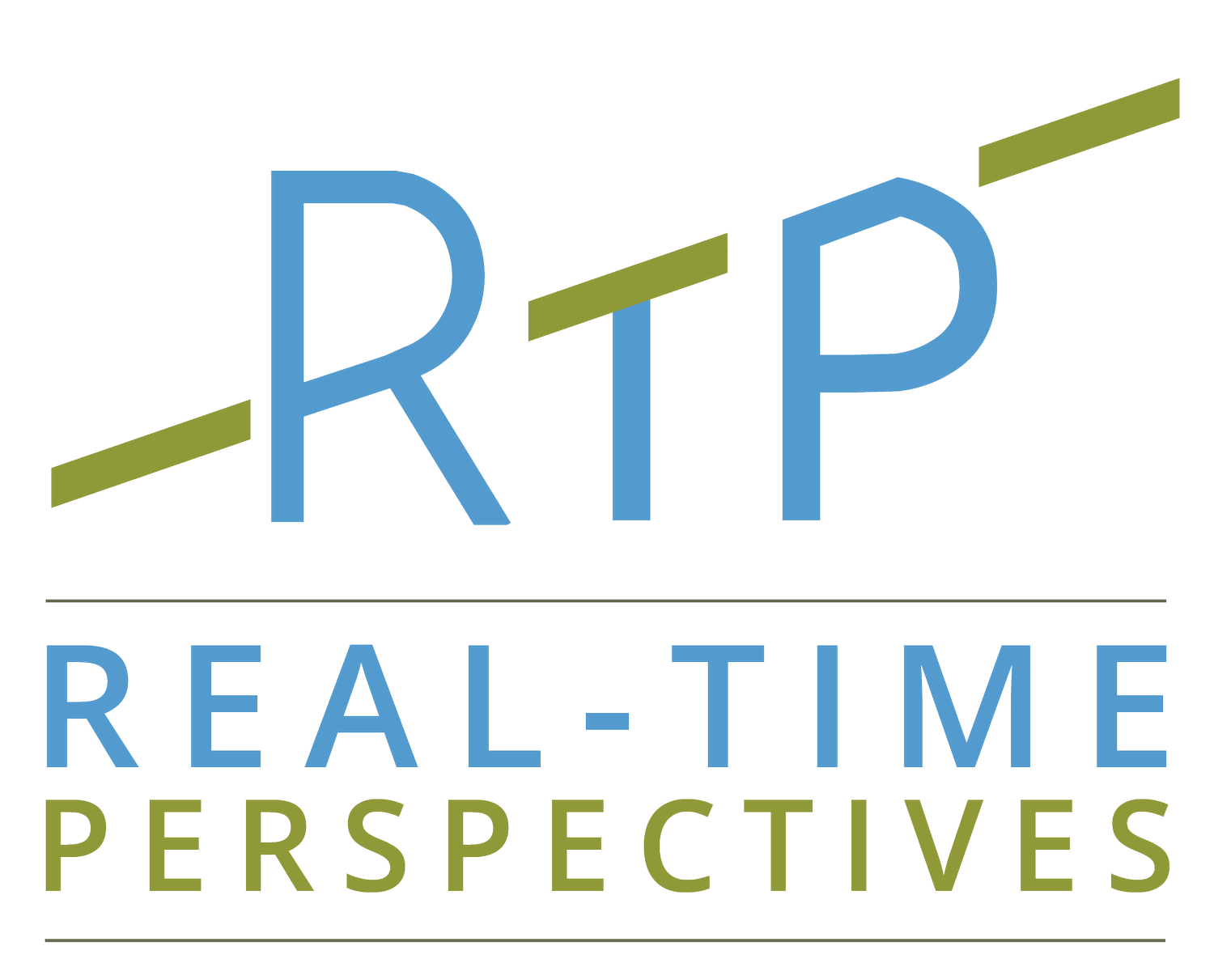How-To: Be Yourself at Work.
You’re trying. You really are. You get up every weekday morning and head to work, believing it’s truly possible to be authentic and professional, to work hard and make time for relationships, to function effectively within the culture and find opportunities to change it. But if you’re like many of my millennial clients, you’re feeling frustrated by derogatory remarks about your less rigid work hours, collaborative style of leadership, impatience to be promoted, and even the clothes you wear. And you’re struggling to figure out how to be your authentic self in a workplace culture that feels stifling and fake.
What can you do? Well, you could quit your job (you’ve probably fantasized about that a time or two), or you could decide to keep your head down, wear that power suit every day, and pretend to be someone you’re not for the sake of professional success while dying a little inside. Luckily, I think those two options are extreme, and between the two of them lies a happy solution that will let you be yourself at work (without quitting your job or selling your soul).
Start by identifying what you want and why you want it. For example, if you’re dreaming of revamping the meeting culture from one that relies on long, boring formal affairs to one that features informal, collaborative, stand-up brainstorming sessions, first map out what that change would look like, and then figure out how you can inspire others to help you achieve that vision. Why is it a valuable idea? What’s in it for them? How would it increase workplace productivity or morale?
Next, recognize the power you already hold. By getting clear on your values, you can begin to define your personal brand in ways that serve a dual purpose – both to represent yourself authentically, and to influence others by exhibiting those values. In the spirit of the old quote, “Living well is the best revenge,” you have the ability to begin influencing the culture by leading by example. Demonstrate that less-formal dress does not equal less professional marketing strategy, or prove that solutions arrived at via informal collaboration can win the day.
Realize that what you want to convey is important – and so is the way you convey it. Millennials are well known for the value they place on empathy and inclusion. Put that strategy to work, and try to work effectively with a capacity for the worldview of a wide variety of communication styles and worldviews from every generation. The effort to see the exact same set of circumstances through your co-worker’s lens may ultimately be the single most important factor in achieving the result you’re seeking.
Resist the temptation to respond with cynicism when you encounter people who seem fake or two-faced. Though you may feel superior once you’ve found success integrating your authentic self into your work role, when engaging with someone who hasn’t yet begun working in a way that matches values to actions, try to let go of the need to feel smug. How much more opportunity is there for you to achieve your aspirations if you see the world as a place of abundance rather than scarcity? Be someone who celebrates the greater potential of a both/and mindset rather than the more-constrained either/or mindset.
The more I work with millennials on personal and professional development, the more grateful I am for the ways this generation is pushing people of all ages and stages to better balance work and life. If you’re a millennial who’s still struggling to figure out how to be genuine and authentic as you navigate the professional landscape, I can offer support. Craving more guidance? One easy place to start is my Next-Gen Leadership Coaching Experience, an accessible, affordable, online tool that provides coaching strategies you can put to use in real time, right as you work through it. The personalized workbook helps you explore personal and professional development, delves deep into how your communication style influences your success, and offers tips for dealing with common workplace scenarios.
